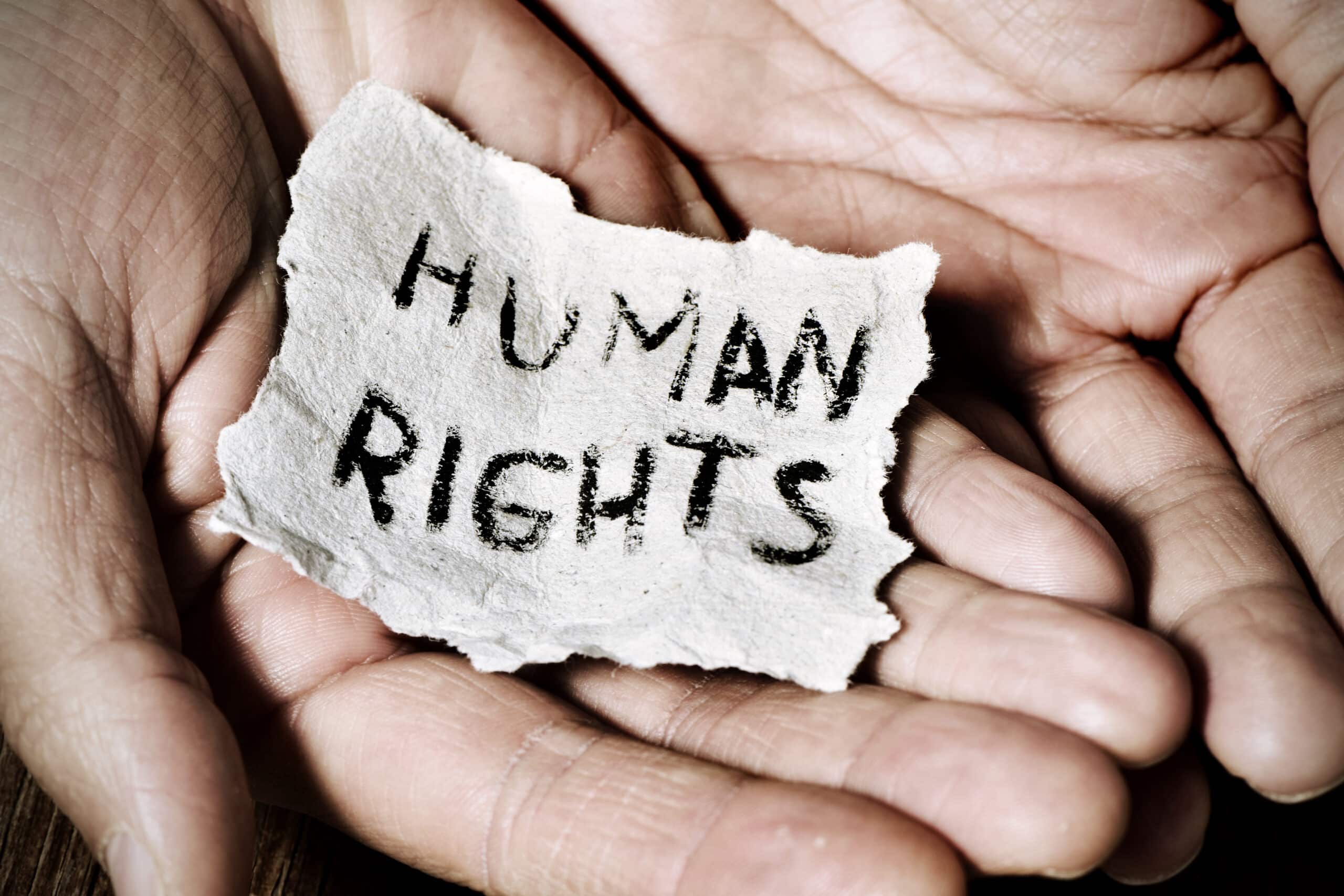Autumn 2020
Newsletters | read time: 4 min


Impact of Covid-19 on the UK workplace
Covid-19 has had a profound effect on all our lives. To assess its impact on the UK workplace, we commissioned a survey of 2000 working adults. The survey examined how organisations responded to the pandemic and in particular, how well employees and other stakeholders have been treated during the crisis. We also looked forward, asking how employees expected to be treated as they returned to the workplace.
Overall, the vast majority (83%) reported that they had been fairly treated during the first four months of the crisis (March-July). Only 12 per cent of respondents felt their employer had not handled the crisis well. However, the survey revealed problems with the UK furlough scheme. Employees of organisations operating in both the public (28%) and private (27%) sectors had been asked to work while furloughed. These findings were consistent with other reports that have highlighted potential abuse of the UK scheme.
Almost a third (30%) reported being asked to work excessive working hours over this period. This was highest in the 18-34 age group (48%) and, in particular, for those based in London (63%).
Concerns regarding the return to the workplace were centred on mental health support and flexible working. Only 13 per cent of manual workers think their employer will allow flexibility around home-schooling or caring responsibilities, compared to 39 per cent of the workforce as a whole. When it comes to mental health support, just over a third (36%) expect this to be provided by their employers. Here expectations of adequate mental health support are higher in the public sector (45%) than the private sector (29%). However the gap is largest between white collar and blue collar workers (40% vs 17%).
The full report is available on our website and on the link below.
Initiative launched to prevent child trafficking in sport

|
This summer, we teamed up with anti-child trafficking charity Mission 89 to develop a framework to safeguard children from trafficking in sport. Leading sports organisations have given their support for the principles outlined in the framework, including FIFA. Paul Tergat, former world marathon record holder and elite Kenyan long-distance runner welcomed the framework and urged those in sport leadership to support every effort to tackle this growing problem. The framework has been piloted by the International Federation of Muaythai Associations (IFMA) and a further pilot is planned with a major Olympic sport. It draws on best practice models from international organisations such as UNICEF, FIFA and StreetFootballWorld. Organisations can use it as a self-assessment tool or as the basis for an external review conducted by GoodCorporation and Mission 89. See our press coverage here. |
|
|
GoodCorporation broadens e-learning services

Continued restrictions on travel and face-to-face gatherings will make it hard to ensure that company policies and procedures are properly embedded.
However, with the current disruption increasing the risk of fraud and malpractice, implementing effective training is more important than ever.
Building on our expertise at writing, designing and developing compliance training, we are now able to deliver complete e-learning programmes in a number of ethics and compliance areas. This involves the designing and building of bespoke e-learning tools tailored to the risks and requirements of individual companies.
This builds on the webinar training courses we have designed for clients this year. In the Autumn we teamed up with a members’ organisation in the Gulf to run a webinar series on combating corruption. Earlier this year we ran one on fraud for a Silicon Valley tech giant. Our next project is a large webinar training programme for a global telco company.
Click here for more details Contact us 
UK firms could face tougher rules on modern slavery reporting if the Government’s latest proposals come into force.
Under the proposed new measures, firms required to complete modern slavery statements will face mandatory reporting requirements and tougher penalties for compliance failures.
This is a significant change that will require firms to evaluate, analyse and mitigate the human rights risks in their supply chains.

Mandatory human rights due diligence law could be introduced into Swiss law next month following a public vote. This could have implications for any company based in Switzerland.
Juliette Hérault, spoke to Angela Floydd at Laurence Simons Search about the forthcoming referendum and its implications.
The proposed law is far-reaching and potentially indicative of the direction of travel for human rights legislation.

History tells us that extraordinary events such as the current Covid-19 pandemic can lead to an increase in fraud and other forms of corruption.
This autumn Michael Pollitt has shared best practice advice on combating corruption in a series of webinars run by the Gulf business organisation Pearl Initiative.
Over 8-weeks, Michael highlighted the key areas of risk and outlined the practices and procedures that need to be embedded.

At the start of the pandemic, businesses found themselves under the spotlight. Since then there has been much talk of the need to ‘Build Back Better‘.
From the work we have been doing in recent weeks, this seems to be resonating. Many clients in a variety of sectors are reviewing their codes of conduct.
A good code is key to promoting values, directing decision-making and protecting businesses from risk. Our expertise can help embed best practice.
Read our blog Read interview Webinar series Contact us “Obtaining an external perspective of our safeguarding systems and processes was extremely valuable. We are committed to ensuring that all recommendations for best practice are embedded in our sport throughout our national associations worldwide.” Stefan Fox, Secretary General of IFMA
work with us